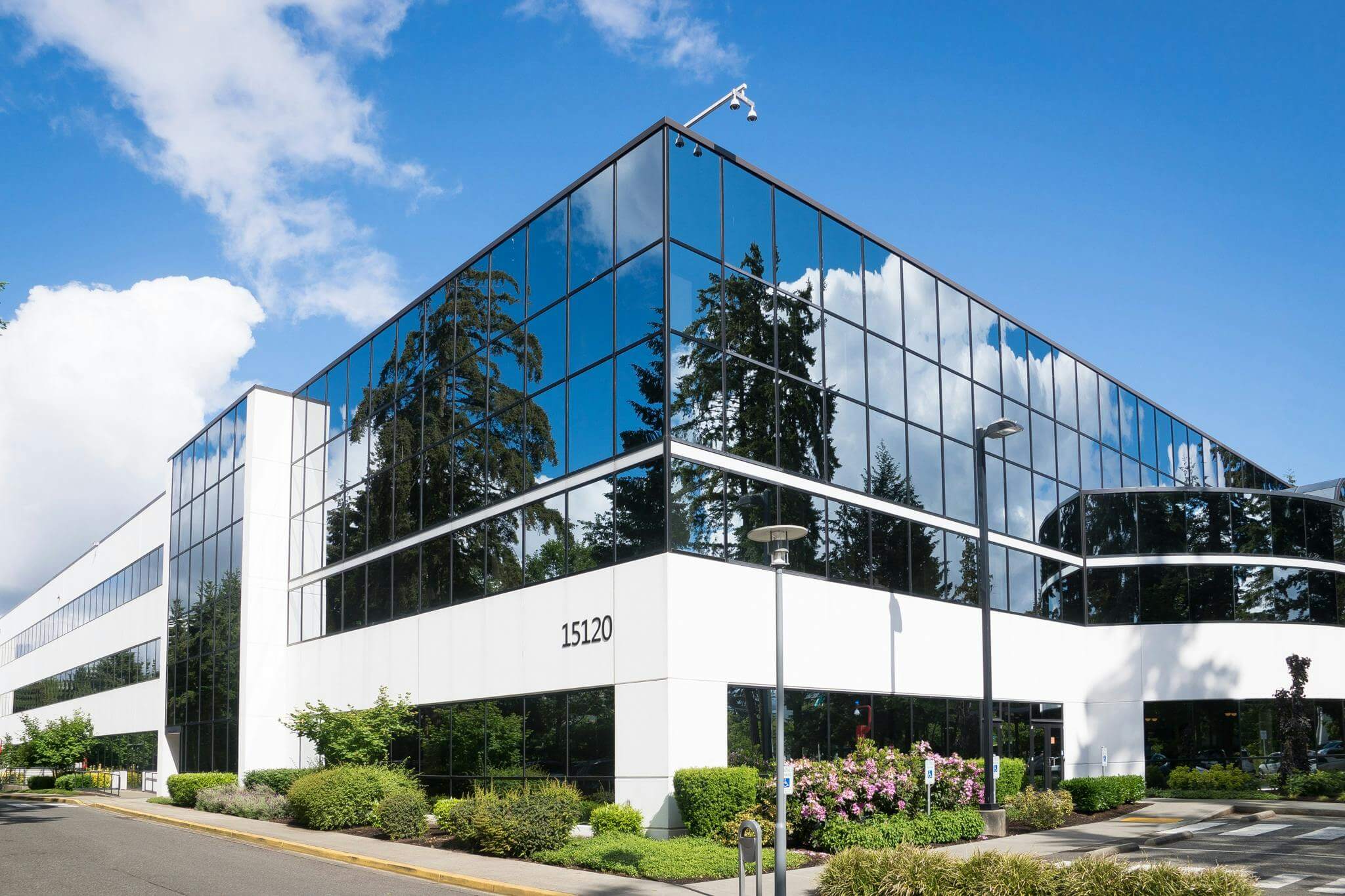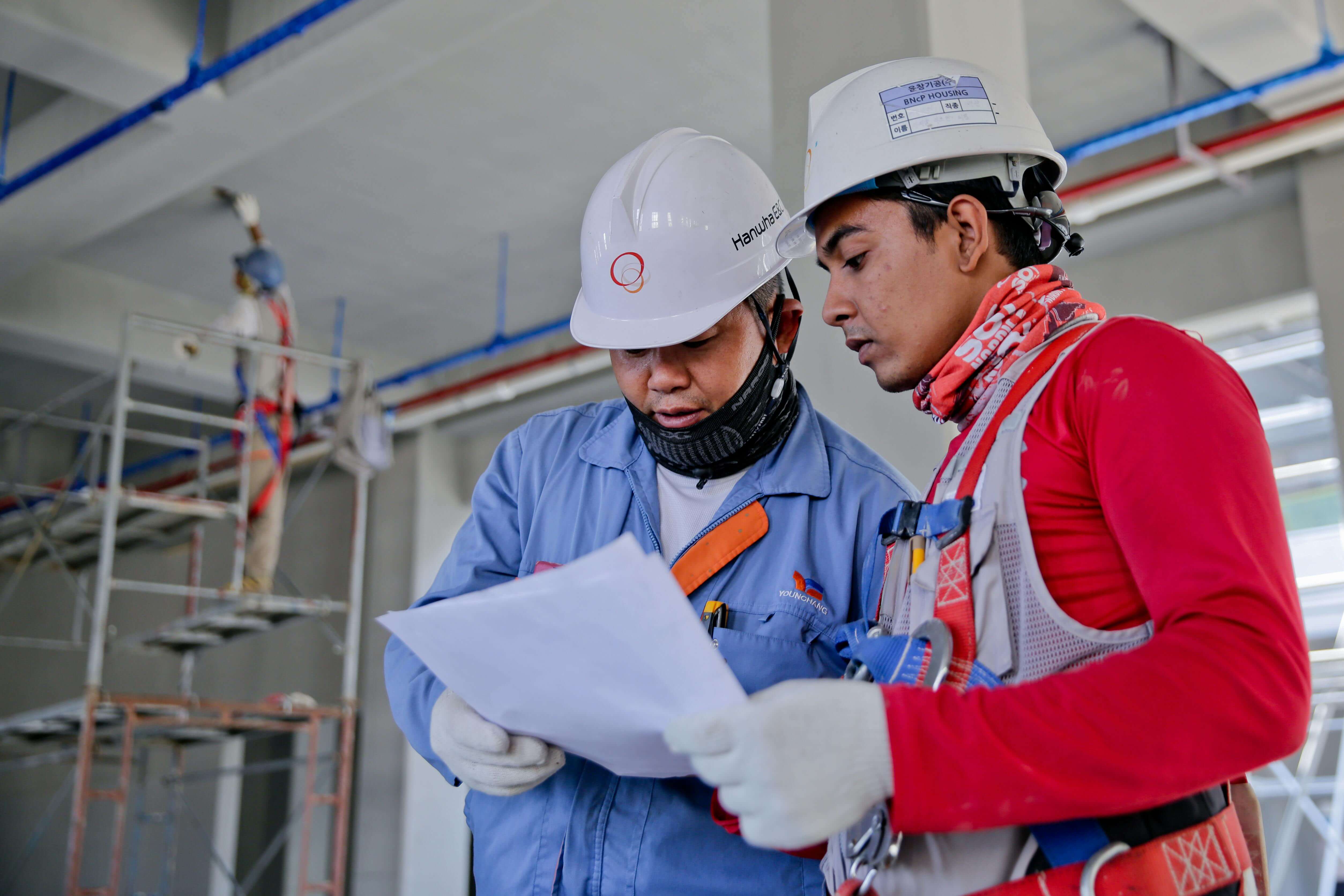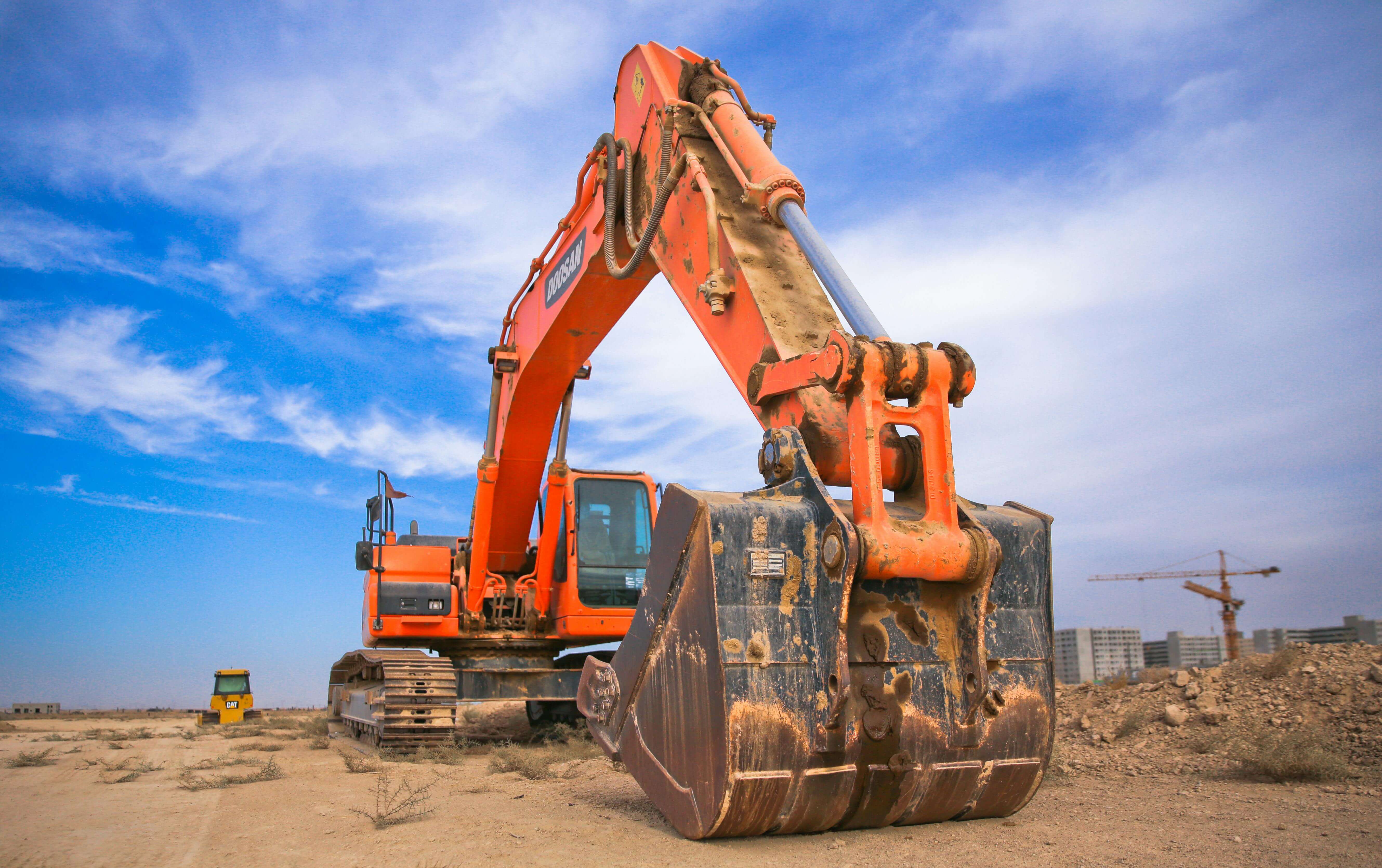Working Capital Loans for Major Supplier Transitions Switching suppliers can be one of the most stra...

Lorem ipsum dolor sit amet, consectetur adipiscing elit.

Working Capital Loans for Major Supplier Transitions Switching suppliers can be one of the most stra...

Cold Chain Equipment Financing: A Practical Guide for Temperature-Sensitive Businesses Cold chain eq...

Credit Lines for Seasonal Staff Costs: A Smarter Way to Manage Peak Hiring Seasonal hiring is essent...

Loans for Transforming Legacy Equipment into Modern Systems Outdated equipment can quietly drain pro...

Equipment Financing for In-House Testing and Certification Equipment financing for in-house testing ...

Working Capital Loans for Launching a New Brand Line Launching a new brand line is one of the most e...

Business Lines of Credit for Frequent Travel and Site Visits Frequent travel and on-site visits are ...

Equipment Financing for Shared or Co-Working Spaces In today’s dynamic business environment, shared ...

Security System Financing for Businesses: Loans for Upgrading Facility Access and Security Systems S...

Equipment Loans for Upgrading Customer Delivery Vehicles Keeping delivery vehicles reliable, modern,...

Working Capital Loans for New Territory Expansion Expanding into a new territory is one of the most ...

Credit Lines for Product Sampling and Trials Launching or testing a product is one of the most capit...
Lorem ipsum dolor sit amet, consectetur adipiscing elit, sed do eiusmod tempor incididunt ut labore et dolore magna aliqua.